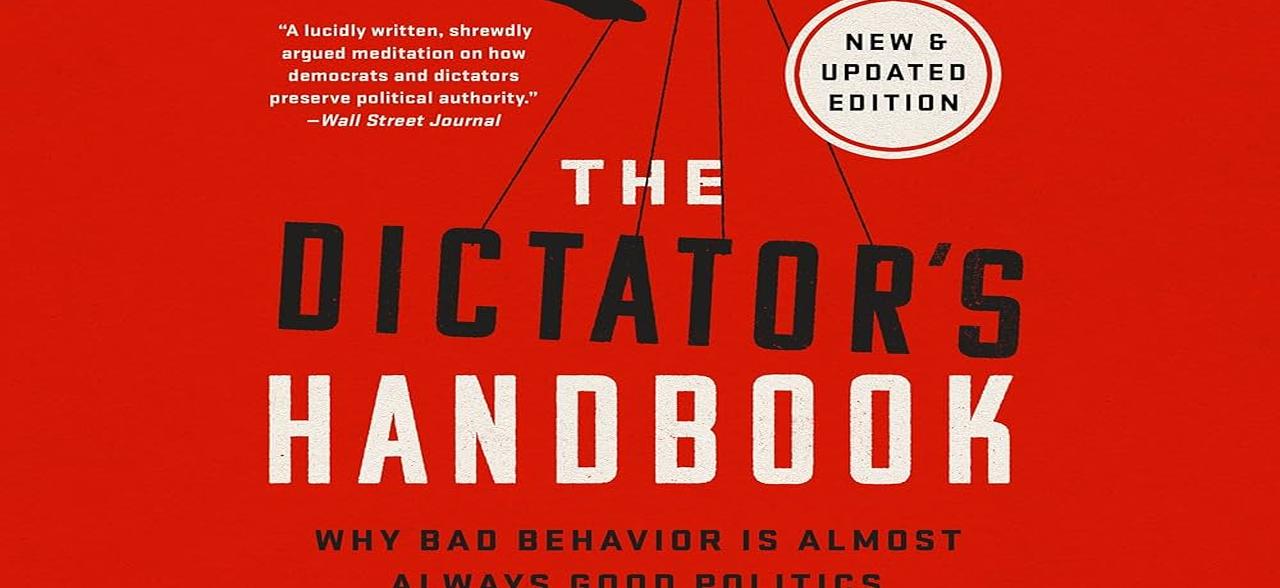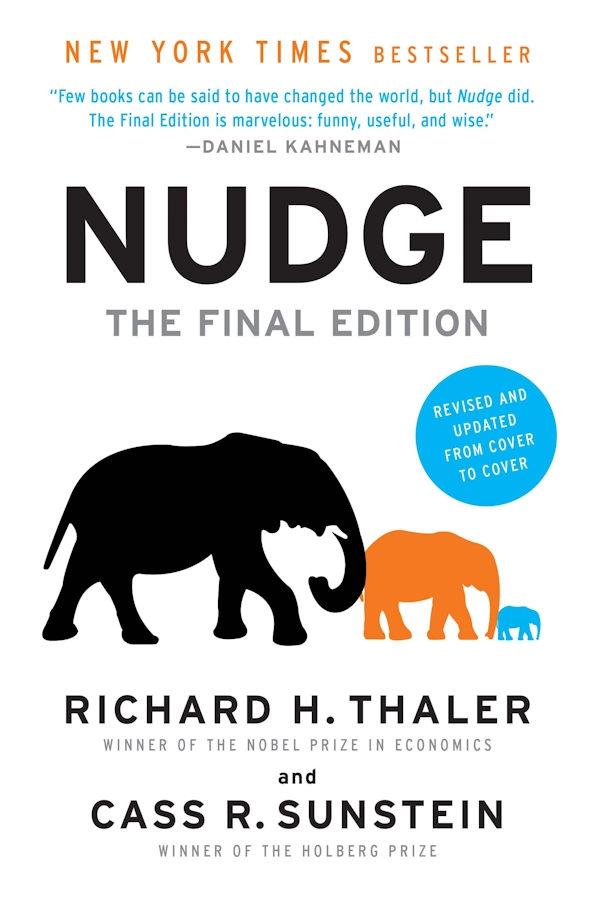The Major League and the Minor League: Notes on Reading The Dictator’s Handbook
The Selectorate Theory assumes that leaders have the same goal: to maintain their position of power. The difference between democratic leaders and dictators lies in the fact that the former relies on a large alliance of supporters… Dictators enhance their survival by hoarding resources to buy loyalty from their followers…
Wherever there are people, there are those who seek to gain and maintain power, hence politics. The author describes those who come to power through a very small group as having a “small winning coalition,” namely dictators; and those who are elected and govern through broader democratic elections as having a “large coalition.”
Minor League
The Symbiosis between the Minor League and Dictators
Dictators and members of the minor league are in fact in a symbiotic relationship, as no one can control power alone.
Dictators need the support of their alliance members. For example, even when Zimbabwe’s economy collapsed, Mugabe was able to remain president, thanks to having the military to suppress the people. If a policy harms the interests of alliance members, even if it benefits the general public, it may destabilize the dictator’s regime. For instance, Caesar took measures to help the poor, but by canceling 25% of the people’s debts and abolishing the tax bond system, he also harmed the welfare of the alliance, leading to his downfall.
To continuously gain support from the small group, dictators need to provide them with stable income to maintain their loyalty. The simplest and most convenient way is to plunder the people, transferring wealth to the members of the winning coalition, such as by significantly raising taxes or building infrastructure projects that easily conceal their true costs.
In the minor league, government officials usually have low salaries, and corruption is allowed. These officials are grateful to the regime for giving them opportunities to amass wealth and remain loyal; they also realize that losing loyalty could lead to the loss of privileges or even prosecution. An example is Mikhail Khodorkovsky, Russia’s richest man, who was charged with corruption after being disloyal to Putin.
Dictators and the People
The most direct way to supply funds to the winning coalition is through the income of the people. (Besides this, there’s foreign aid, but the book analyzes that aid given to dictatorships out of goodwill often flows to members of the minor league, not directly improving the lives of the people, and further exacerbates dictatorship.)
If the economy does not develop well, alliance members can’t get the expected benefits, weakening support for the dictator (and possibly even fostering liberalization that prompts political system change). But if the economy develops well, people’s interactions, collaboration, and communication increase, potentially leading to large-scale political protests. Both situations can lead to the overthrow of the regime. Therefore, dictators in the minor league practice the art of resource balancing – just enough money to keep alliance members loyal and the people willing to produce the wealth needed to support the minor league.
Regarding what dictators are willing to do for the people, the author refers to it as “public goods not for the sake of public interest.” The fundamental purpose of providing public goods is to serve the members of the winning coalition, not the people. For example, basic healthcare and education systems are to enable people to work, and building roads is to ensure the successful entry of labor results into the market.
The key to public goods is “basic.” Taking education as an example, dictators want people to have basic labor skills but do not want them to learn more dangerous public goods, such as sociology and political science aimed at teaching people to think independently. As for roads, dictators need roads to transport products to the market but do not want developed roads to foster new regional power centers. They also build roads as straight as possible to the airport for escape when necessary.
Major League
In the major league, because of the huge size of the coalition, rulers need to introduce the best governance concepts to gain the support of a wide audience, so there’s no focus on personal payback to small groups as in the minor league. Also, because leaders need to win the support of voters, they must provide good education, ensuring “a large number of people have the rights to speak, read, write freely, and gather to discuss and debate freely,” forming support. Therefore, compared to the education in the minor league aimed at handing over to a few elite groups, the purpose of the education system in the major league is to make everyone better.
In the process of governance, if leaders cannot continue to provide public goods or effective public policies to reward supporters, they can easily be questioned by “free and fair elections, press freedom, freedom of speech, freedom of assembly,” and eventually be replaced by others who can. For example, if strict building standards are not established or excellent rescue and rebuilding work is not implemented in the event of disasters like earthquakes, rulers in the major league are more likely to step down.
In summary, the key difference between the major and minor leagues is whom the rulers are accountable to: the minor league to the winning coalition, the major league to a broad electorate.
Of course, both the major and minor leagues have their drawbacks in actual implementation, but the advantage of the major league is that it “forces politicians chasing power to govern for the benefit of the people.”



